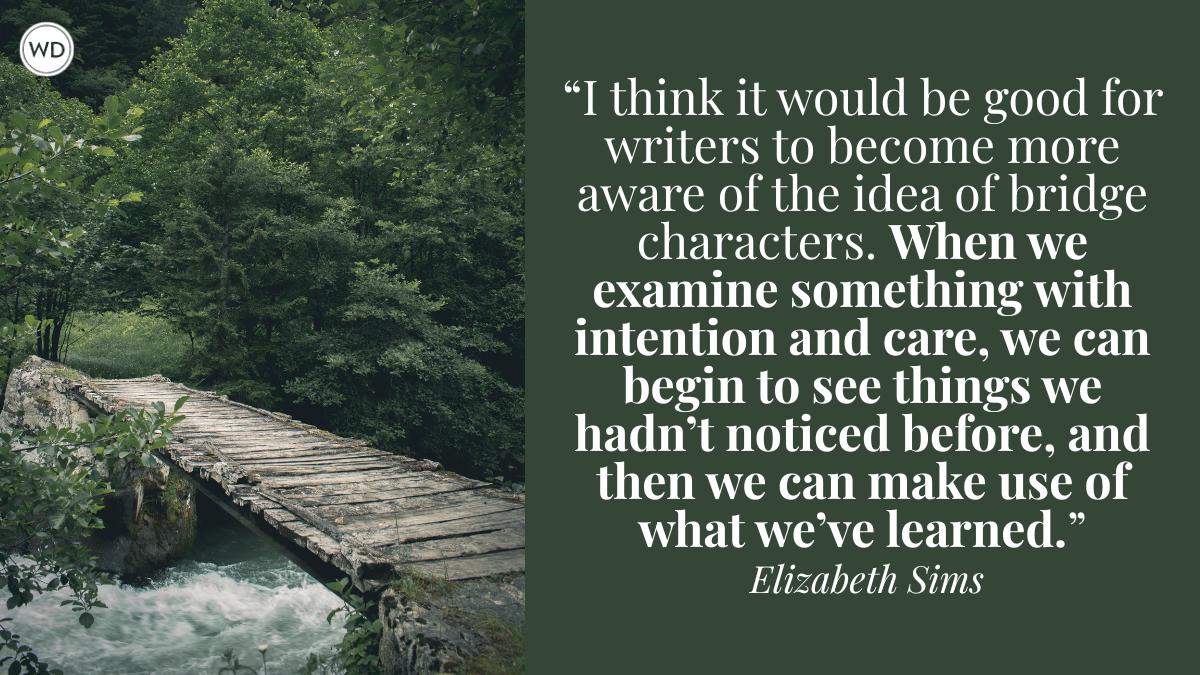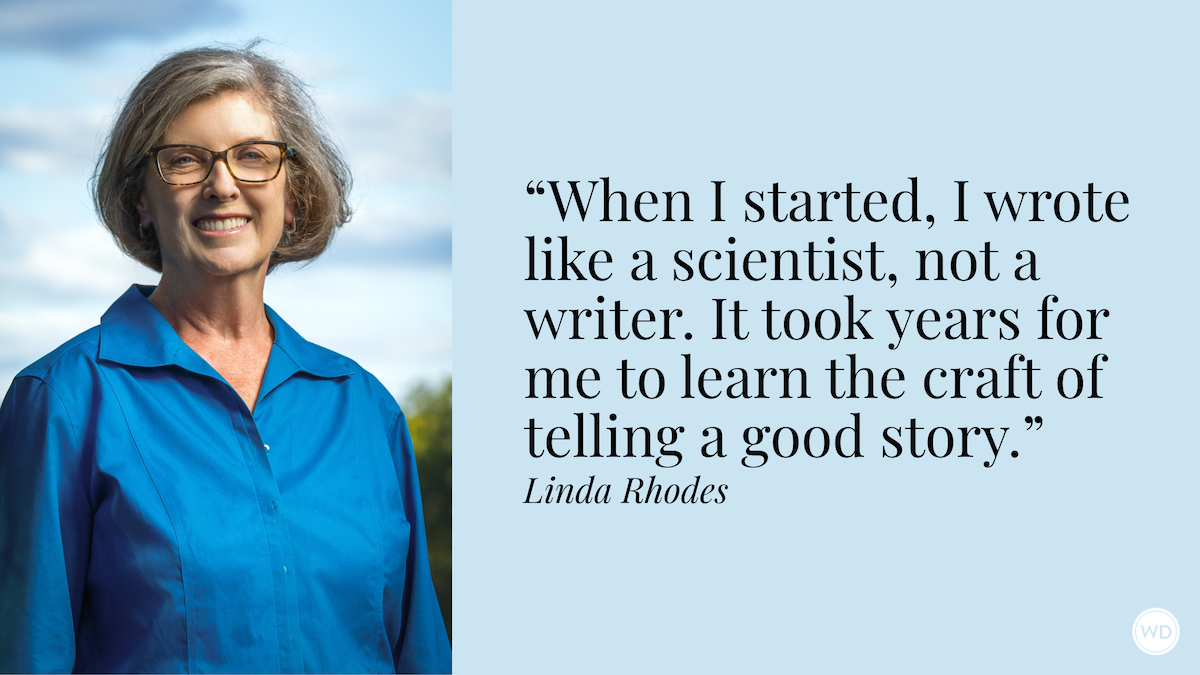Grace Lin: Respect Your Readers
In this interview, author Grace Lin discusses how the heightened emotions during the pandemic weaved their way into her new middle-grade novel, The Gate, the Girl, and the Dragon.
Grace Lin is the award-winning and bestselling-author and illustrator of Chinese Menu, When the Sea Turned to Silver, Starry River of the Sky, Where the Mountain Meets the Moon, The Year of the Dog, The Year of the Rat, Dumpling Days, and Ling & Ting,as well as picture books such as The Ugly Vegetables, A Big Bed for Little Snow, and A Big Mooncake for Little Star. Grace is a graduate of the Rhode Island School of Design and lives in Massachusetts. Her website is GraceLin.com, and follow her on Facebook and Instagram.
In this interview, Grace discusses how the heightened emotions during the pandemic weaved their way into her new middle-grade novel, The Gate, the Girl, and the Dragon, how to know when reader feedback will help your story or not, and more.
Name: Grace Lin
Literary agent: Rebecca Sherman, Writers House
Book title: The Gate, the Girl, and the Dragon
Publisher: Little, Brown Books for Young Readers
Release date: May 2025
Genre/category: Middle-grade
Previous titles: Where the Mountain Meets the Moon, When the Sea Turned to Silver
Elevator pitch: Jin is a stone lion, a statue spirit that watches and protects people. But when he accidentally loses the Sacred Sphere, he puts both worlds—the world of the people and the world of the spirits in grave danger.
What prompted you to write this book?
Many things! But the first seed was planted when my daughter was 4 and I pointed out the stone lions in front of the Chinatown Gate—explaining how one lion held a sphere and the other held a lion cub. Suddenly, it seemed like the perfect idea for a story.
How long did it take to go from idea to publication? And did the idea change during the process?
It took quite a while! This book was contracted back in 2016—and is coming out in 2025! However, while that can be seen as rather frustrating career-wise, I do think giving the story that time to grow was beneficial.
In 2016, the idea was kind of a cute adventure story, but its meaning changed for me during the pandemic. At the time, my daughter and three other girls formed a pod for online learning, with the parents taking turns to oversee the group. During a session I oversaw, a table fell, and all four girls began to accuse the other for the disaster. "It doesn't matter whose fault it was!" I said (or maybe yelled), "we just need to fix the problem!" And when I said those words, I immediately realized I was talking about a lot more than a folding table in the backyard.
Now, I see that the story became a message to myself about everything we were experiencing at that time. So much of this book is interwoven with those pandemic emotions—the loss, the fear, the need for connection, shared responsibility, and finding joy in acceptance.
Were there any surprises or learning moments in the publishing process for this title?
It had been a while since I had written a novel, so I wasn’t as confident as I should have been. My editor had it read by a couple different readers and one of the readers came back with many, many comments and queries. I found myself adding and adding so much just to address all their thoughts (regardless of if I truly believed it was necessary) and the book became quite bloated. I think it might have hit over 100,000, words which is kind of obscene for a young-ish middle-grade novel. I really needed to get a grip on myself and realize everything the reader wrote were only suggestions, and it was my responsibility as the author to sift out what was truly useful.
That’s not to say what the reader wrote was bad or invalid—not at all! I think all writers need to take reader’s thoughts seriously and under consideration. It’s just that indiscriminately accepting all of them is just as bad as rejecting them all.
Were there any surprises in the writing process for this book?
As I said, it’s been a while since I’ve written a novel. So, when I finally was in the thick of it, I was surprised how long the “pit of despair” was. Whenever I write a novel, there’s always a point where the slog become a depressing stew that I feel like I will never get out of. I know in my head that it is part of the process, that I just have to get through that phase. But it was so long for this book, I remember thinking, “Maybe this will be the time I don’t get through!”
But I did and now, upon reflection, it was probably the same for each of the novels before this. I guess I just surprise myself each time.
What do you hope readers will get out of your book?
Well, I hope they have a magical reading experience that they love. When I was a young reader, I felt like so many of the books I loved became friends and a place I could go to for comfort and hope. I wish for my books to be something like that for readers.
If you could share one piece of advice with other writers, what would it be?
Respect your readers. This is especially important when you write for young readers. If they are reading your work, they are intelligent—treat them as such!








